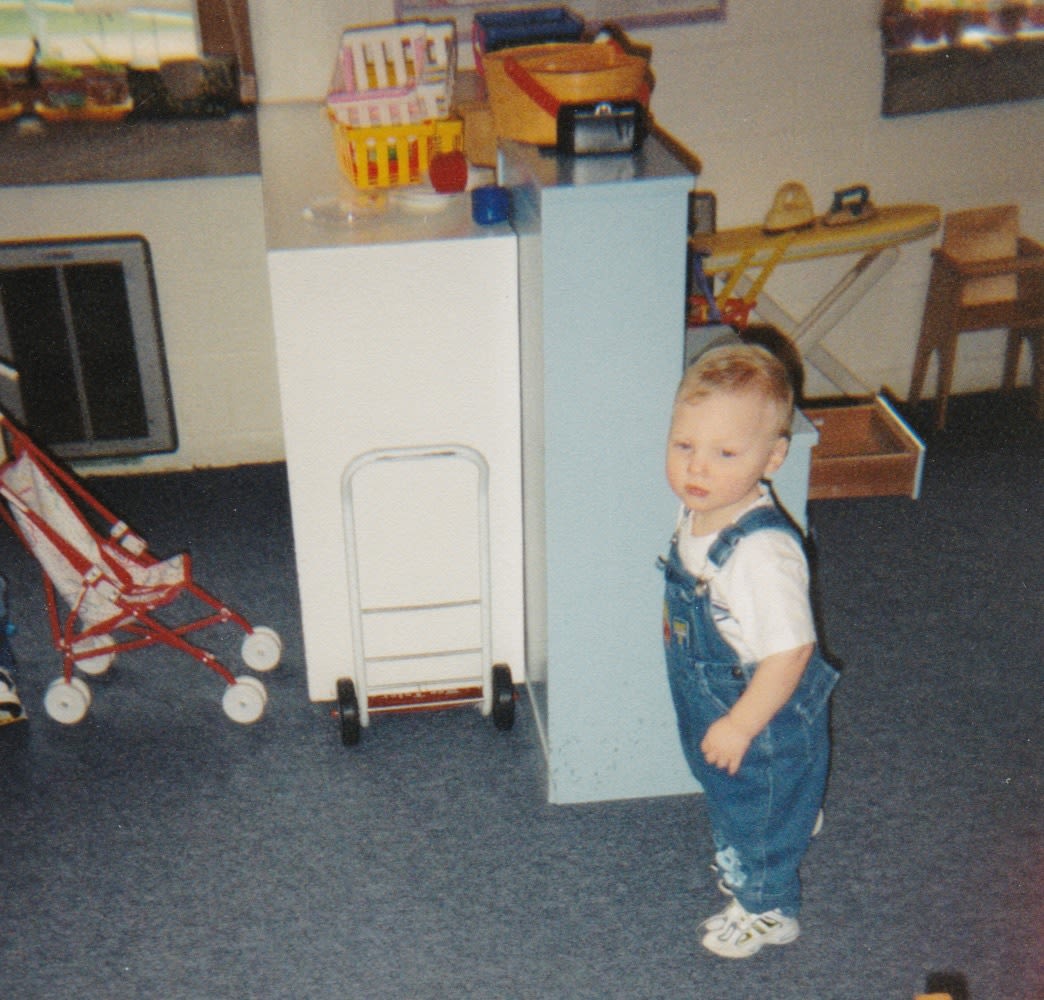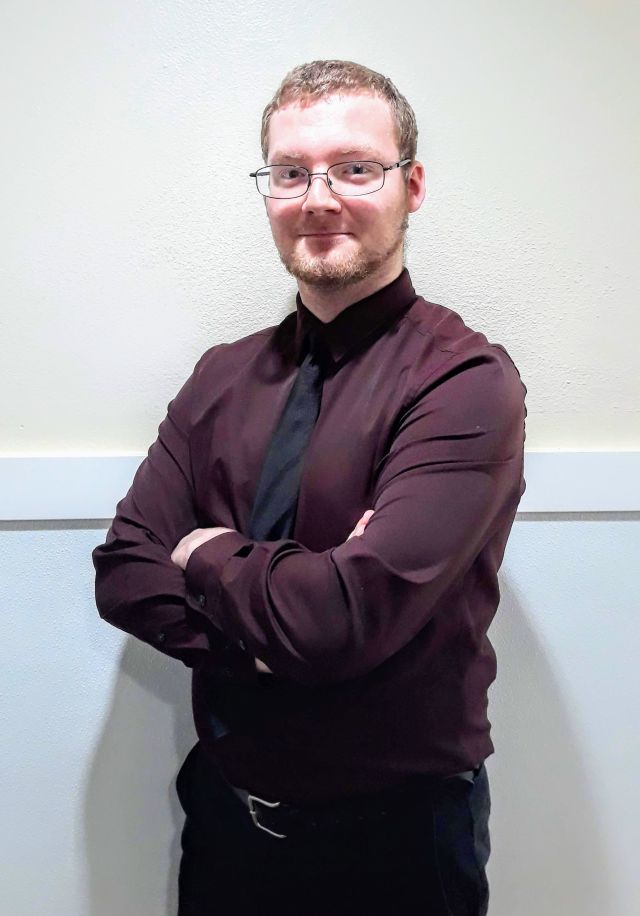Facing Life’s Challenges: Crisis Psychiatric Care Gives Children and Teens Tools to Thrive

Image: Mack Beatty
Life can throw us curve balls. While one in five people will experience a mental illness during their lifetime, according to the National Institute of Mental Health, everyone faces challenges that can impact their mental well-being. For many people, the uncertainties surrounding the Covid-19 pandemic are causing increased anxiety and stress. There are so many questions swirling through our heads. Will my loved ones get sick? Will I get sick? If we do, will we survive? Will my job be affected? Will schools open in the fall?
Just as individuals with pre-existing physical illness are more likely to get physically ill from the virus, people with mental health challenges are at greater risk of experiencing worsening symptoms as a result of Covid-19. Youth with attention-deficit/hyperactivity disorder (ADHD), depression, or other mental illness are particularly prone to distress in response to changes or disruptions in their typical routines. Being stuck at home for long periods of time can cast a cloud on their mental, emotional, and physical state.
The good news is there are practical tools and resources that everyone can use to improve their mental health and increase resilience in the face of obstacles. And, there are ways everyone can be supportive of friends and family who are struggling with life’s challenges.
At 19, Mack Beatty has a powerful story to share. Selfless, with a strong desire to help others, Beatty has overcome personal barriers to make substantial contributions that improve the lives of his peers—youth experiencing mental health challenges and intellectual and/or developmental disabilities (I/DD). “Six years ago, I would have never in a million years seen myself being where I am today, and all I have accomplished,” he says. “I owe it to everyone at Albertina Kerr—they have stood by me every step of the way.”
In 2014, soon after his family moved from the Midwest to Central Oregon, Beatty found himself in a scary place. “I was lost and struggling,” he says. “I didn’t really understand boundaries, and that was tough.” Born addicted to drugs, Beatty was placed in foster care for fragile infants shortly after birth. By the age of 5, he was dually diagnosed with ADHD and autism. “Nobody really knew how to help me,” he recalls. “I had a very short temper, but could also be sweet and charming. So, everyone thought I was just acting out.”
At the time, hope for a better life seemed elusive. “I just thought I was going to be that way forever,” he says. But then his family sought help from Kerr’s Crisis Psychiatric Care facility for children and teens. He found it comforting to be around kids who were going through similar challenges. “I no longer felt like an oddball,” he says. And the intensive, personable counseling sessions with Kerr’s multidisciplinary team of professionals helped him map out a plan to rewrite his story. “For the first time, it wasn’t just another appointment—everyone really cared,” he exclaims.
Six months later, Beatty turned the page on a new chapter as he transitioned to one of Kerr’s 22 youth group homes for kids experiencing I/DD. “I decided to show myself that I’m more than my diagnosis,” he says. “That’s when I began to write a different story.”

Image: Mack Beatty
Soon after moving in, he began brainstorming ideas of how to socialize with the nearly 90 youth and young adults residing in Kerr’s group homes. Beatty knew he needed an activity that was structured and accessible to accommodate the needs of those living with a mental illness, as well as I/DD. So, at the age of 15, he co-founded a unit (Crew 247) of the Boy Scouts of America’s co-educational Venturing program. “Scouts opened a lot of doors for me,” he says. “I realized I can do a lot more than what people think. And I started to notice I was making an impact.”
Before coming to Kerr, Beatty says there wasn’t anyone to teach him skills for life. “I wasn’t at a place—mentally—where I could process what I needed to learn,” he notes. “Kerr was life-changing for me.”
For each of us, the tools we use to keep us mentally healthy are unique. Finding what works for your child and family may not be easy, but can be achieved. By developing tools to thrive, it is possible to find balance between the ups and downs of life and to set children, teens, and their families on a path to recovery. To support the work of Kerr or learn more about our programs and services, visit AlbertinaKerr.org.




